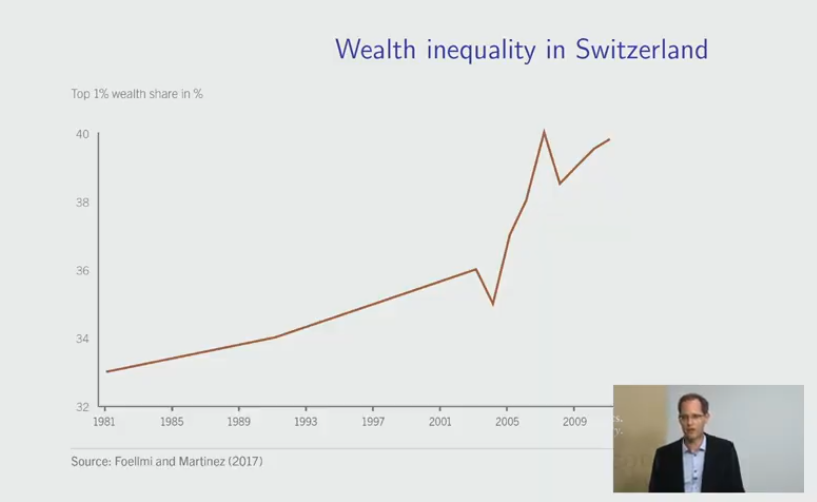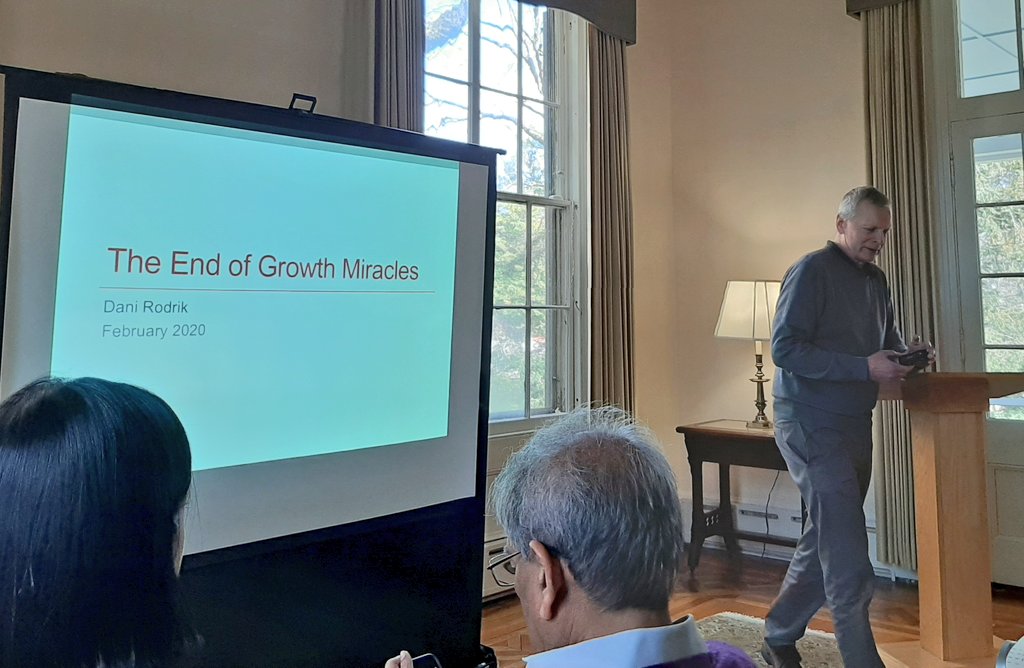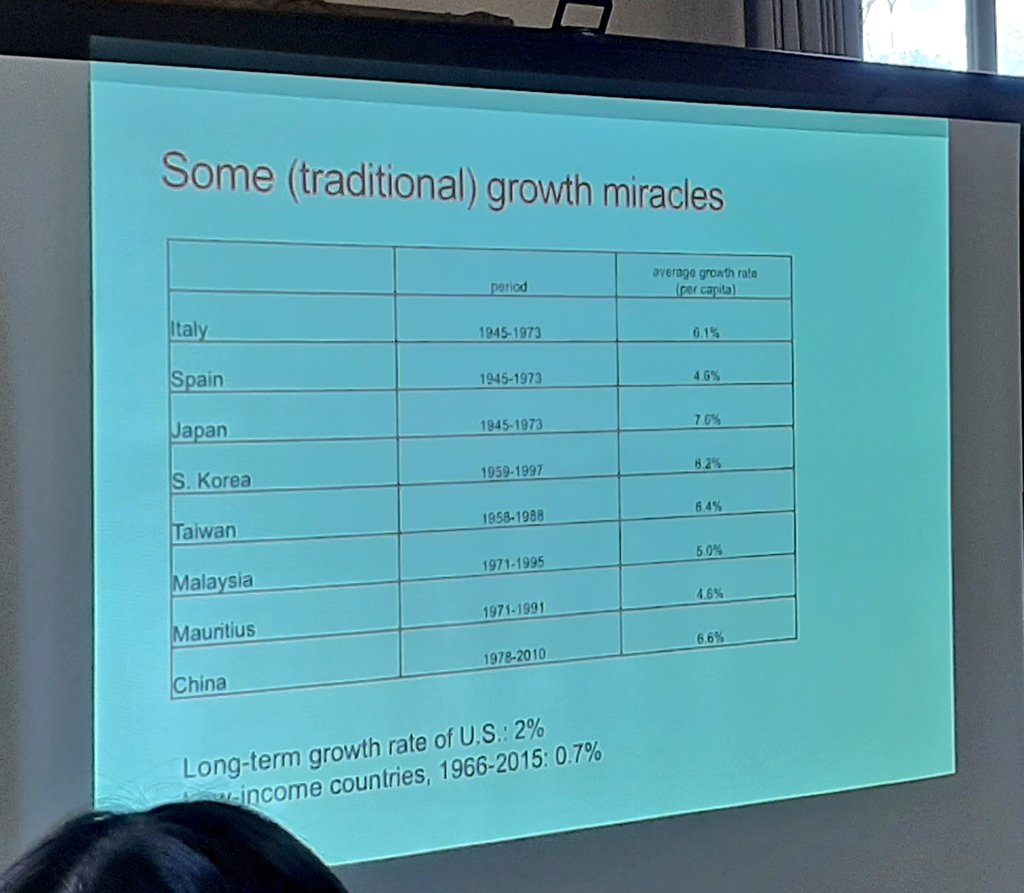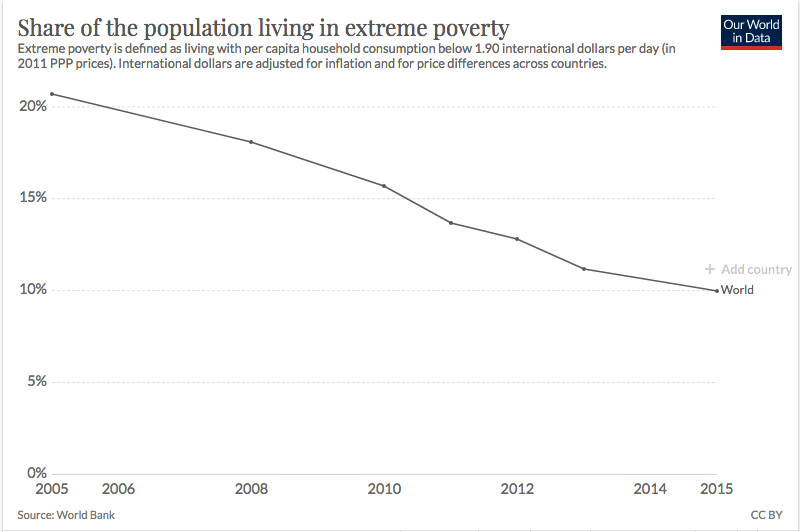
A colleague encouraged me to share the new slides about Covid from my Global Policy Analysis class here on Twitter, since last year's version seemed to be useful for some.
If anyone would like a copy to use or adapt them for your class, just send me an email!
1/n
If anyone would like a copy to use or adapt them for your class, just send me an email!
1/n
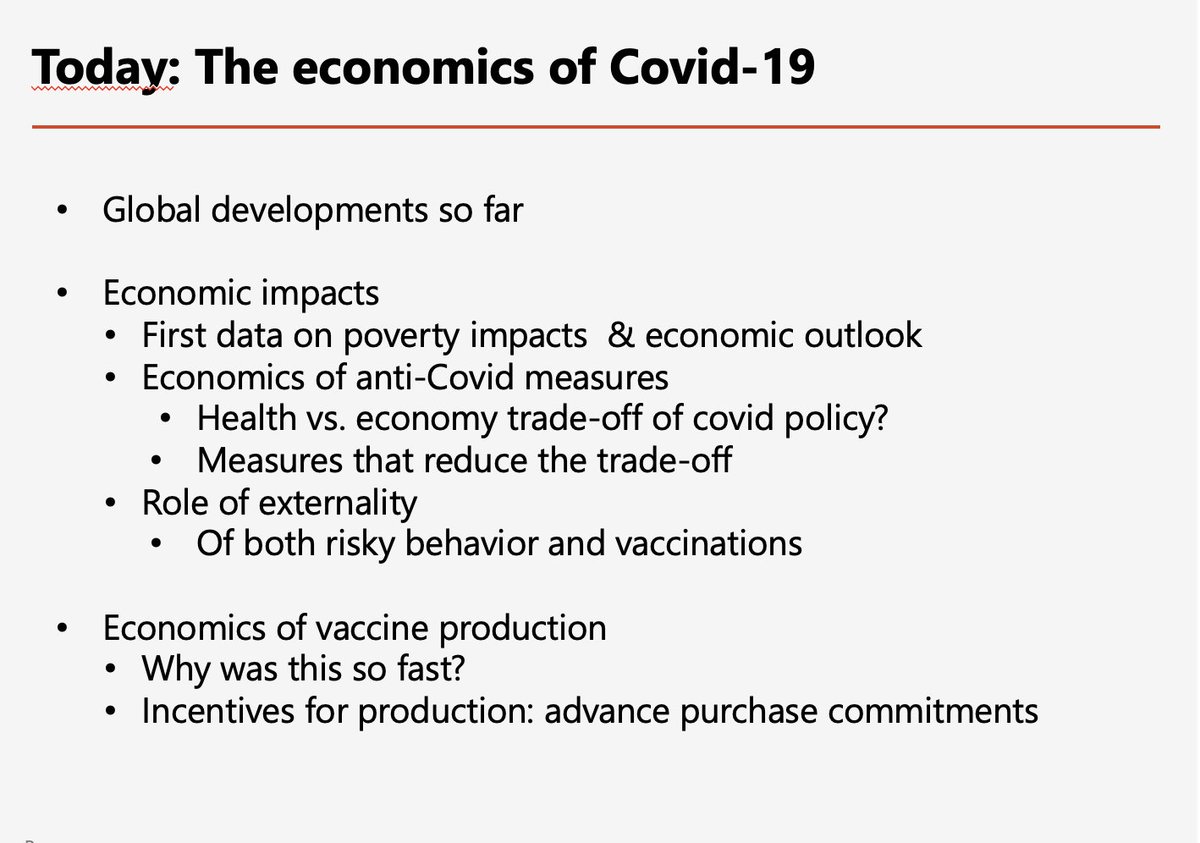
We started the class with some overall trends and figures on confirmed cases, testing and confirmed deaths across countries and regions.
These are all from the excellent website ourworldindata.org.
2/n


These are all from the excellent website ourworldindata.org.
2/n

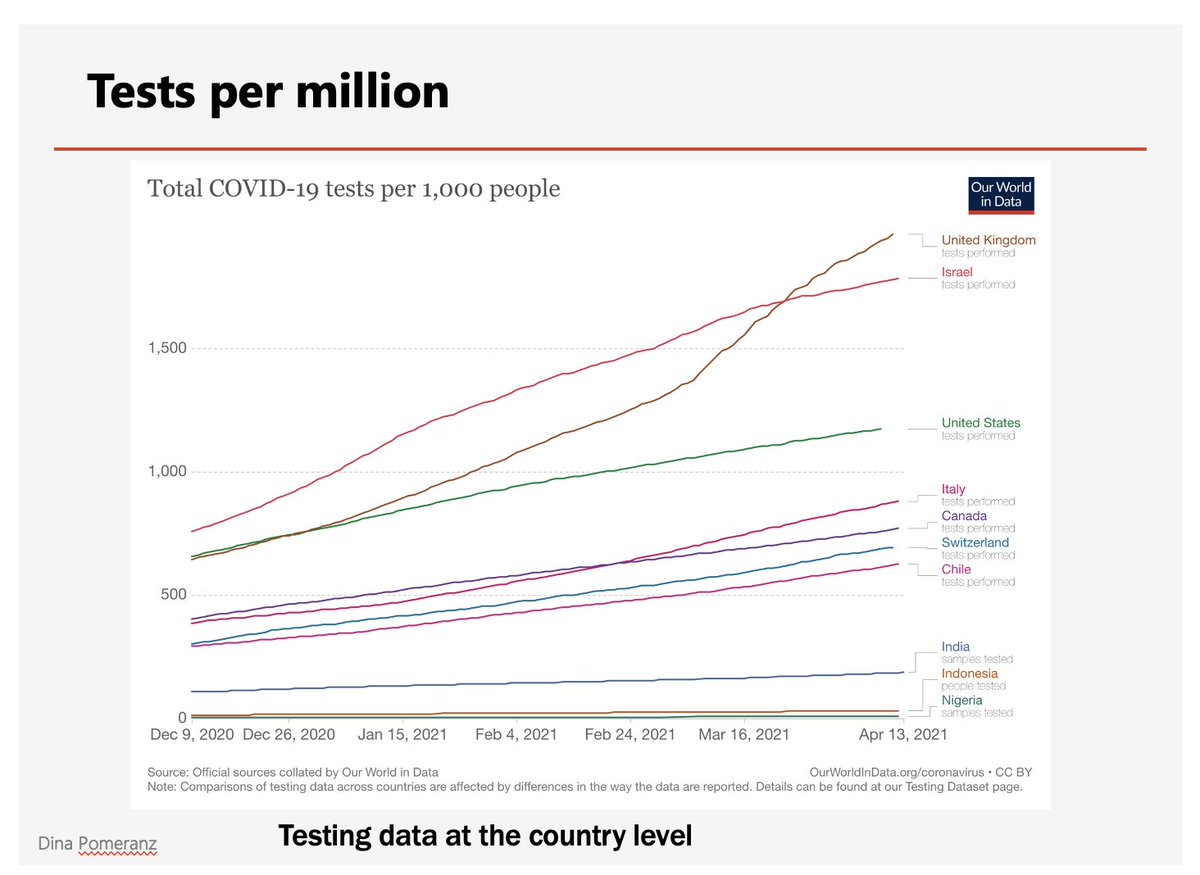

It's difficult to compare Corona measures across space, but the Oxford Coronavirus Government Response tracker has created an index to classify the stringency across a range of measures.
Many are not aware that Switzerland has been less stringent than most peer countries.
3/n


Many are not aware that Switzerland has been less stringent than most peer countries.
3/n



Access to vaccines is very unequal. Across rich countries, this is mostly a result of differing policies choices in advance purchases and procuring.
Across the globe, though, we see a huge disadvantage for poorer countries. Many have yet to receive any vaccines.
4/n

Across the globe, though, we see a huge disadvantage for poorer countries. Many have yet to receive any vaccines.
4/n


In Israel, one of the very early movers on vaccines, we've already seen the beneficial impacts for a couple of months now:
5/n
5/n

Next we looked at some of the early evidence on the impacts of Covid-19 on global poverty and inequality, based on the Eggers et al. Science Advances 2021 paper: advances.sciencemag.org/content/7/6/ea…
6/n



6/n




The @IMFNews finds that global economic contraction in 2020 was enormous, but thanks to unprecedented policy responses, it is likely to leave smaller impacts than the 2008 financial crisis.
Absent these interventions, global growth contraction could have been 3 times worse.
7/n

Absent these interventions, global growth contraction could have been 3 times worse.
7/n


Next, we turned to some economic considerations regarding pandemic measures. Many studies have found that containing the virus is key for business & that when measures are to lax, the economy suffers.
Ideally prioritize measures with big health effect & small economic impact
9/n



Ideally prioritize measures with big health effect & small economic impact
9/n




The remainder of the class focused on vaccines.
First: vaccines are one humanities most impactful innovations ever. They have saved hundreds of millions of lives.
Second: how come this time around vaccines could be developed so quickly without cutting any safety corners?
10/n



First: vaccines are one humanities most impactful innovations ever. They have saved hundreds of millions of lives.
Second: how come this time around vaccines could be developed so quickly without cutting any safety corners?
10/n



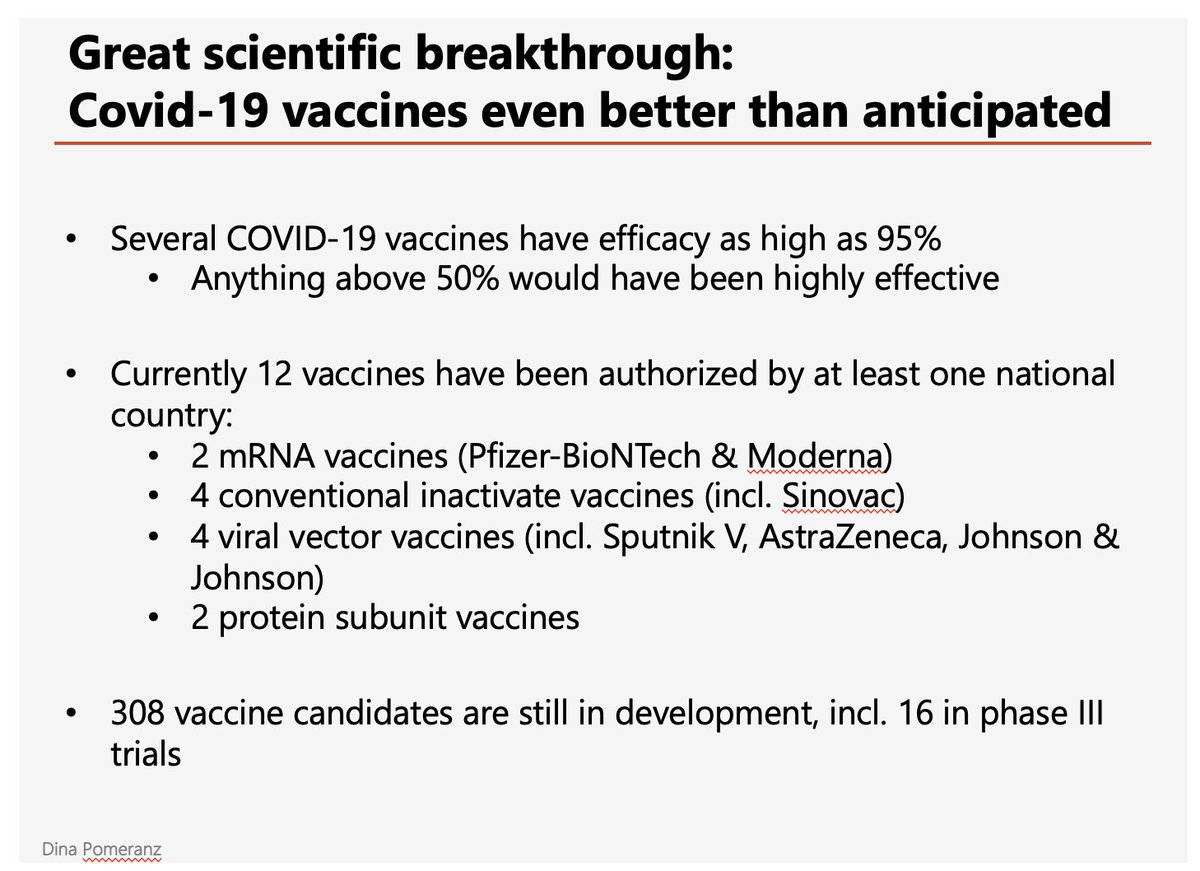
Advance Purchase Commitments are a very efficient market design innovation that creates incentives for pharmaceutical companies to develop vaccines that may not otherwise be profitable, notably for lower-income countries. They can play a key role for Covid vaccines too.
11/n



11/n




Side note: as @paulnovosad tweeted, Michael Kremer might deserve two Nobel prizes, the first - which he won - for randomized field studies in development, and a second for Advance Market Commitments for vaccines, which have saved millions of lives.
12/n
12/n
https://twitter.com/paulnovosad/status/1377795440821723138?s=03
Next we discussed the important Science paper "Market design to accelerate Covid-19 vaccine supply".
It shows that accelerating global vaccine production now would have *enormous* benefits, and lays out strategies for doing so: science.sciencemag.org/content/371/65…
13/n



It shows that accelerating global vaccine production now would have *enormous* benefits, and lays out strategies for doing so: science.sciencemag.org/content/371/65…
13/n




Finally, we took some time to discuss how Covid-19 has affected students' lives.
It was very moving how openly students shared their experiences & a great way to connect on a more personal level, now that we've all been reduced to online classes for over a year at @UZH_en.
14/n
It was very moving how openly students shared their experiences & a great way to connect on a more personal level, now that we've all been reduced to online classes for over a year at @UZH_en.
14/n

It was again very enriching to have students from around the world thanks to remotestudentexchange.org! Students shared from Pakistan, Ecuador, Kenya & Zurich. A wonderful way to learn & connect.
Big thanks to the great student and the excellent TAs @Kobbina & Simona Sartor!
15/n
Big thanks to the great student and the excellent TAs @Kobbina & Simona Sartor!
15/n
Ps. I realize of course that this is very incomplete. Covid could fill an entire course. I'm sure I fell short in many ways
For this reason, I was a bit nervous to teach this class. At the same time, this seems an incredible time to experience scientific learning in action
/end
For this reason, I was a bit nervous to teach this class. At the same time, this seems an incredible time to experience scientific learning in action
/end
• • •
Missing some Tweet in this thread? You can try to
force a refresh






